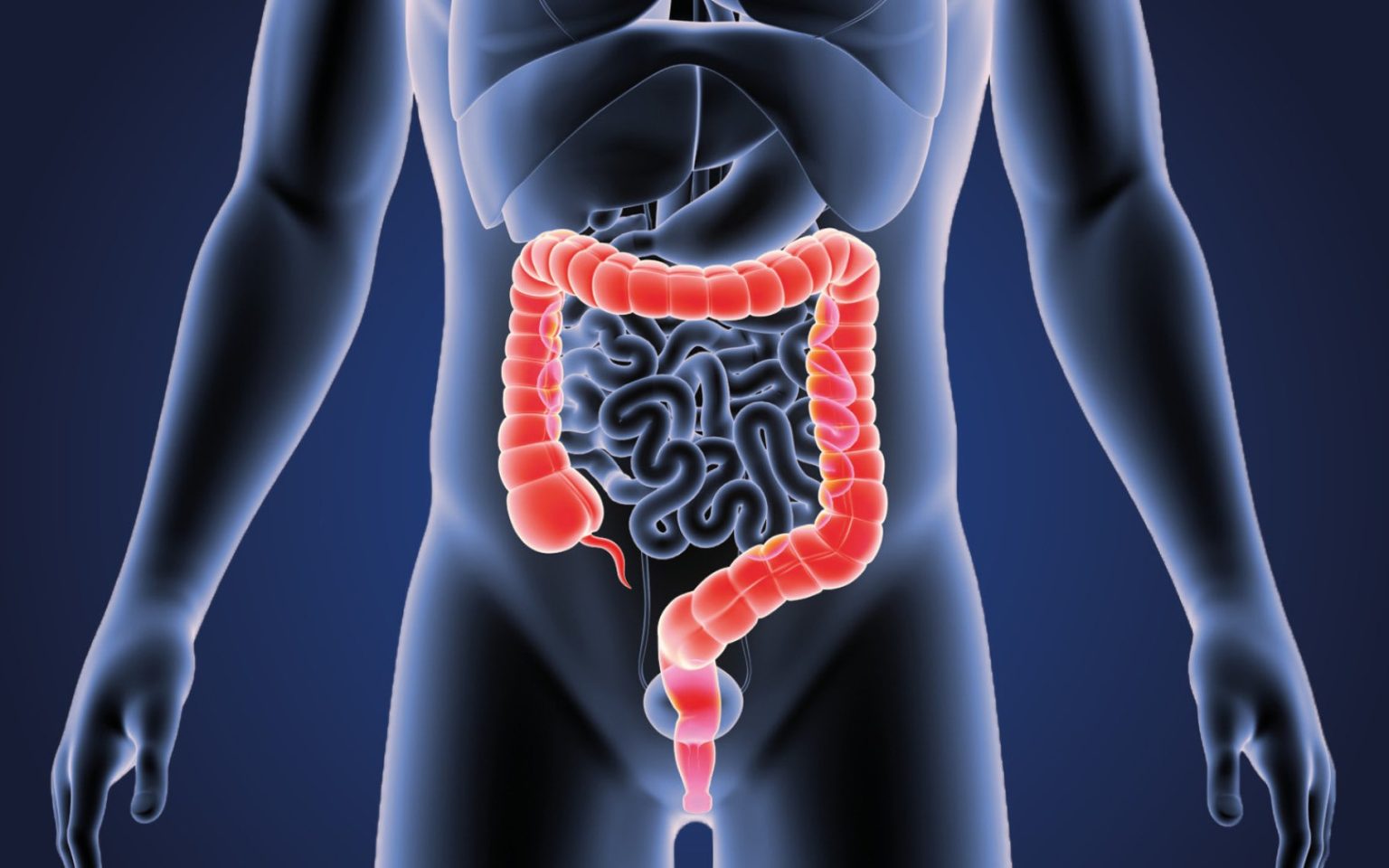Bowel cancer rates are climbing in Nigeria and worldwide – and experts believe fibre deficiency may be fueling the trend. Colorectal cancer, once considered rare in Nigeria, is now becoming a growing public health concern. While incidence rates remain lower than in Western nations, recent studies and clinical observations point to a steady rise in colorectal cancer cases across the country, especially among younger patients. Alarmingly, most of these cases are diagnosed at advanced stages, significantly reducing survival rates.
One under-discussed but potentially crucial factor behind this disturbing trend is dietary fibre deficiency — a nutritional gap that’s drawing attention in both local and global health discussions.
The Changing Face of Cancer in Nigeria
According to oncologists and gastroenterologists in Nigeria, the majority of colorectal cancer patients present late, often after months of misdiagnosis or ignoring early symptoms such as “blood in the stool,” unexplained weight loss, and changes in bowel habits. These signs are frequently attributed to less serious ailments like hemorrhoids or infections, leading to fatal delays in treatment.
“We’re seeing more young Nigerians — people in their 30s and 40s — coming in with late-stage bowel cancer,” says Dr. Isecc Eze, a Lagos-based oncologist. “By then, surgical and treatment options are limited, and outcomes are poor.”
While there is currently no nationwide screening program in place, healthcare providers are advocating for the implementation of population-based colorectal cancer screening, especially in high-risk communities.
Global Context: Bowel Cancer Soars Among the Young
What’s happening in Nigeria mirrors a disturbing global trend. In the UK and the US, bowel cancer rates have spiked among under-50s, with experts warning of a “silent epidemic” linked to lifestyle factors — chief among them, poor dietary fibre intake.
In the UK, recent data from the Office for Health Improvement and Disparities reveals that 96% of adults fail to consume the recommended 30g of fibre daily. The shortfall has been connected to the rise in early-onset colorectal cancer, with more than a quarter (28%) of cases now believed to be diet-related.
Fibre: The Unsung Hero of Disease Prevention
So, what exactly is fibre, and why does it matter?
Fibre refers to plant-based carbohydrates that our digestive systems can’t break down. Instead, it feeds the trillions of bacteria in our gut — the gut microbiome — which in turn play a vital role in everything from immunity to brain function.
“There’s a misconception that fibre is only good for digestion,” says Jo Travers, a registered dietitian. “But research now shows it influences everything from mental health to metabolic function, and more importantly, helps reduce the risk of bowel cancer.”
There are two main types:
- Soluble fibre, found in oats, fruits, and beans, which slows digestion and stabilizes blood sugar.
- Insoluble fibre, found in wholegrains and leafy greens, which adds bulk to stool and keeps the digestive system moving.
Emerging research has also highlighted prebiotic fibres, which promote the growth of healthy gut bacteria that release short-chain fatty acids — compounds that reduce inflammation and help prevent chronic diseases, including cancer.
The Fibre Deficit in Nigeria’s Modern Diet
Nigeria’s traditional diets — rich in unrefined grains, legumes, vegetables, and tubers — once provided ample fibre. But urbanization and the spread of Western-style processed foods are eroding these habits.
Refined carbs like white rice, white bread, and sugary snacks have become staples in many Nigerian households, displacing traditional, fibre-rich foods like ofada rice, beans, okra, and leafy greens.
“Convenience foods are everywhere now,” says Dr. Isecc. “They’re cheaper and easier to prepare, but they’re almost completely stripped of fibre. Over time, that dietary shift affects our health in profound ways.”
What Needs to Change – and Fast
To address the rise of colorectal cancer in Nigeria, experts recommend a multi-faceted approach:
- National Awareness Campaigns to educate the public on early symptoms like blood in the stool and the role of fibre.
- Routine Screening Programs to detect pre-cancerous polyps early, especially in adults over 40.
- Policy Support for fibre-rich food availability, possibly through subsidies or public health labeling.
- Nutrition Education that promotes local fibre-packed foods in schools and communities.
How Nigerians Can Eat More Fibre – Without Breaking the Bank
Adding fibre to the diet doesn’t require expensive superfoods. Affordable local options include:
- Beans, lentils, and chickpeas
- Traditional vegetables like fluted pumpkin (ugu), bitter leaf, okra, and spinach
- Fruits like bananas, mangoes, and guava
- Whole grains such as millet, sorghum, and brown rice
Swapping white rice for brown, adding an extra serving of vegetables at dinner, or snacking on groundnuts instead of pastries can make a big difference over time.
For those who experience bloating when increasing fibre intake, doctors recommend gradual changes and increased water intake to help the digestive system adjust.
As Nigeria confronts the rising tide of colorectal cancer, the country must look not just to expensive treatments but to simple, powerful prevention tools already on our plates.
Fibre is not just a digestive aid – it’s a frontline defence against cancer. With better awareness, improved diets, and targeted health policies, Nigeria can turn the tide on this preventable disease.
Read Also:
5 overlooked symptoms of bowel cancer that often mimic everyday illnesses
Researchers discover how bowel cancer can be tackled among youth
UK experts urge patients to take genetic cancer test to reduce future risk



